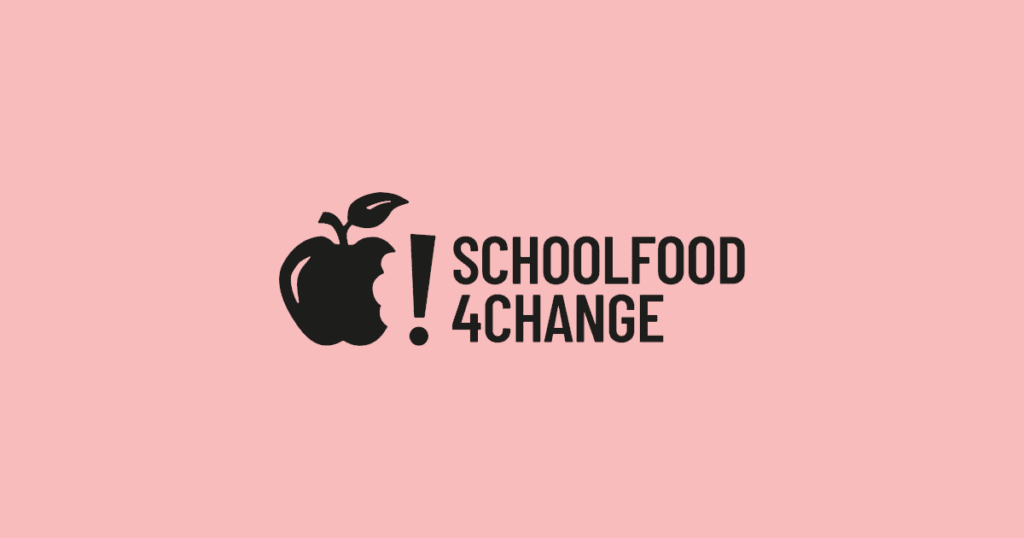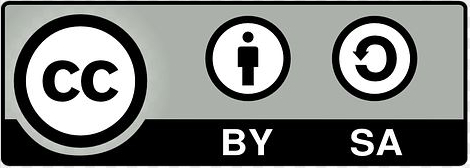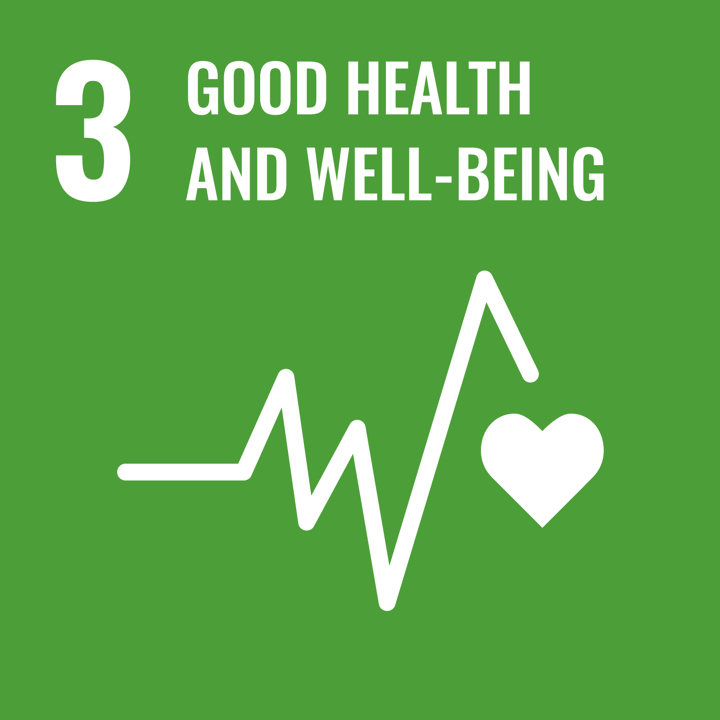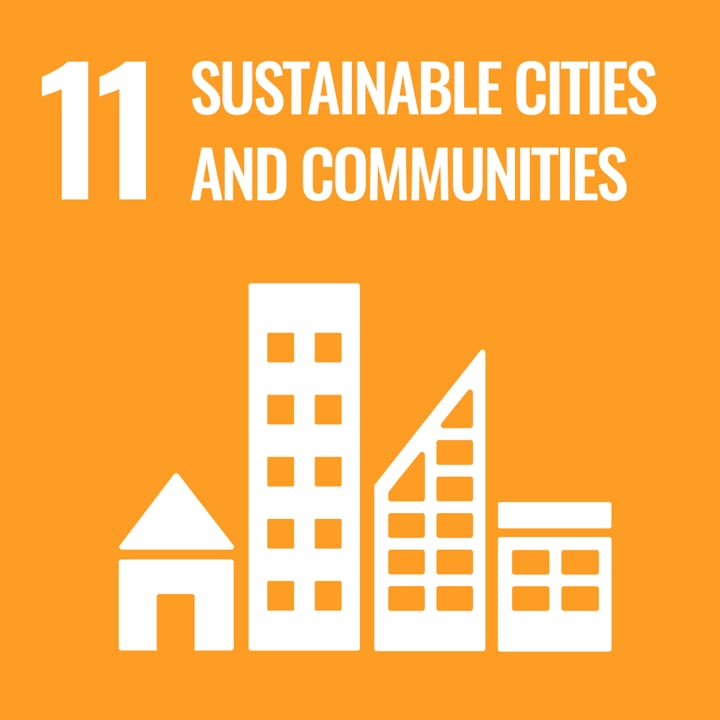
Intended End User: Teacher, School Leader
Age Group: Lower Primary; Upper Primary; Lower Secondary; Upper Secondary
School Curriculum: Science; Social, Physical & Health Education; Social & Environment Science; Applied Science
Themes and Topics: Behaviour & Lifestyle; Collective Action; Futures Thinking; Food and Agriculture; Power & Influence; School Leadership
Duration: Depends on the activity.
Type of Resource: Case Study, Project
Keywords: Food and Sustainability, Healthy eating, Whole School Food Approach
Languages: English
Description
The Whole School Food Approach (WSFA) is a key initiative of the SchoolFood4Change movement and is trying to transform schools across Europe by reshaping students’ relationship with food. It goes beyond simply offering healthier meals; it encourages students to understand where their food originates, how it’s produced, and why it matters for both their wellbeing and the planet.
WSFA is a call to action. It inspires healthier eating habits, sustainable practices, and addresses challenges like childhood poverty and obesity. Implementing the WSFA starts in schools, but it requires collaboration among educators, families, local businesses, and policymakers. Through hands-on activities, active learning, and creative approaches, WSFA inspires sustainable change.
WSFA is an integrated approach to school meals, which consists of four mutually reinforcing pillars:
Pillar A – Policy & Leadership
Pillar B – Food & Sustainability
Pillar C – Education & Learning
Pillar D – Community & Partnership
How to use this resource
This document offers a framework and practical guidance for schools and local/regional authorities to understand and apply the Whole School Food Approach (WSFA). It should be used alongside implementation tools. It includes:
- Part 1: An overview of the WSFA and its goals—promoting health, wellbeing, sustainability, and equality through school-wide food education.
- Part 2: Guidance on implementing the approach by involving the whole school community, developing a food policy, and following a step-by-step process.
- Part 3: Explains how authorities can support schools with tailored advice, partnerships, and projects.
- Part 4: Describes the WSFA’s three achievement levels—bronze, silver, and gold—that schools can aim for to reflect their progress and commitment.
The resources
A Whole School Food Approach PDF:
Additionally, several innovative stories bring WSFA to life, showcasing creative practices from schools across Europe to inspire your own food revolution.
Learning Outcomes (Teachers)
- Elicit prior knowledge and further develop knowledge and comprehension of key Sustainability Citizenship key concepts, challenging established worldviews and values.
- Apply a range of suitable tools and frameworks to promote student Sustainability Citizenship
- Reflect on practice and examine national curricula to identify opportunities to promote Sustainability Citizenship in interdisciplinary ways and engage with external stakeholders.
Learning Outcomes (Leadership)
- Elicit prior knowledge and further develop knowledge and comprehension of key Sustainability Citizenship concepts to challenge established worldviews and values.
- Apply a range of suitable tools and frameworks to promote Sustainability Citizenship within their schools and communities.
- Examine their own national/regional curricula, educational policies, programmes and external stakeholders to identify opportunities to promote Sustainability Citizenship in their schools and communities.
- Collaboratively synthesise knowledge, tools and frameworks to create a vision for delivering a school environment that supports the development of Sustainability Citizenship in their community.
Green Competencies
- Embodying Sustainable Values: Valuing Sustainability; Supporting Fairness
- Embracing Complexity in Sustainability: Systems Thinking; Critical Thinking
- Envisioning Sustainable Futures: Adaptability
- Acting for Sustainability: Collective Action
Creative Commons

The resources presented here were created by the SchoolFood4Change project. It is shared on the Synapses Portal with their kind permission..
SDGs





